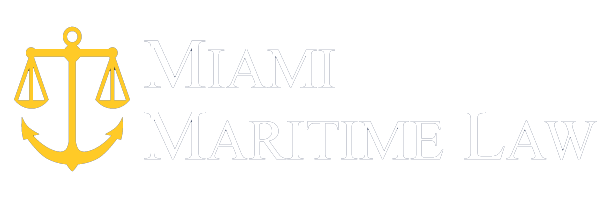Bad Faith
An insurance company has an obligation to act in the best interest of its insured. Insurance Bad Faith occurs when an insurance company fails to act fairly and honestly with its insureds and/or acts in a deceptive and unfair way. All insurance companies must honor the insurance contract it drafted and must act reasonably toward the policyholder.
Click on the video below to learn more about Bad Faith.
Insurance Bad Faith can occur in a wide variety of situations and can arise from health insurance claims, auto insurance, uninsured/underinsured (UM) insurance, homeowners insurance, life insurance, disability insurance and medical malpractice insurance claims.
Insurance Bad Faith conducts includes the following types of conduct:
- Failure to properly and reasonably investigate a claim
- Unreasonable withholding of benefits
- Unreasonable delay in payment of claims
- Denial of insurance coverage or payment on claims
- Underpaying a claim or undervaluing claims
- Unfair refusal to settle and/or reimburse claims
- Abusive or unreasonable claims conduct
- Wrongful cancellation of insurance policies
What is First Party Insurance Claims?
Any person, including an insured, may bring a civil action against an insurer when that person suffers damage as a result of an insurance company’s conduct. First party claims can arise under various insurance policies including, life, health, disability, auto as well as medical malpractice liability insurance policies.
What is Third Party Insurance Bad Faith Claims?
A non-insured third party may bring a claim for bad faith against an insurance company. Third party bad faith claims can arise from serious injury or death cases where the at-fault party’s insurance company fails to protect its insured (the at-fault party).



